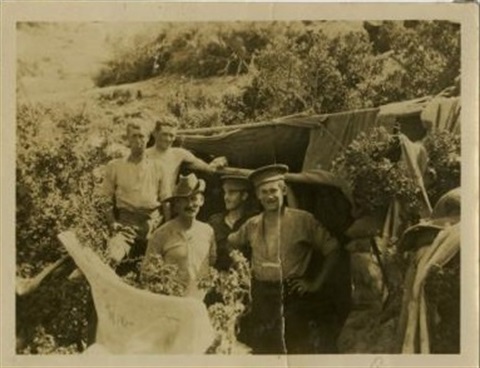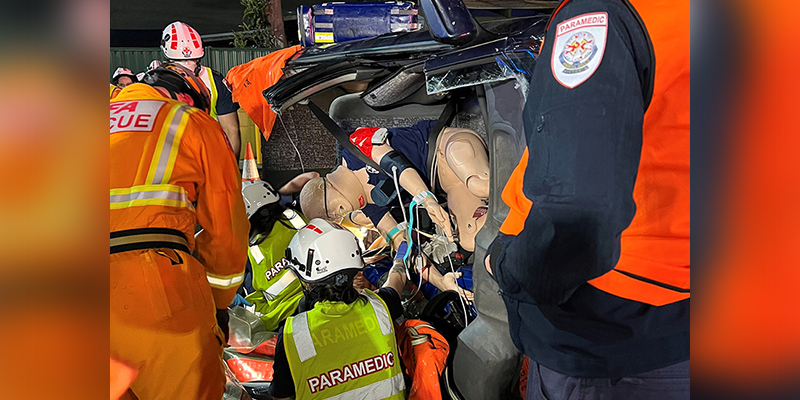Joint media release with the Minister for Agriculture and Northern Australia, the Hon David Littleproud MP
- New Hendra virus variant (HeV) confirmed in routine surveillance in New South Wales
- Researchers recently discovered this new Hendra virus variant in historical samples
- New test available nationally to identify Hendra virus variant
A newly identified Hendra virus variant has been confirmed in a horse from West Wallsend near Newcastle.
Minister for Agriculture and Northern Australia David Littleproud said the variant had first been found by researchers supported by $359,600 in Australian Government funding through the Biosecurity Innovation Program.
“Researchers from CSIRO and the University of Sydney investigated laboratory samples from horses which were previously suspected of having Hendra virus but had all tested negative,” Minister Littleproud said.
“They found evidence of a novel virus, later confirmed as a new variant and have now developed a diagnostic tool specific to detect it.
“The research and now this detection highlights that the geographic distribution of Hendra virus-carrying bats is likely much greater than once thought.
“Fortunately, this does not change our animal health status but it does remind us of the importance of continued investment in surveillance and science for our biosecurity system.
“Our annual $8.6 million diagnostics, preparedness and response investment in CSIRO’s Australian Centre for Disease Preparedness puts us in a very strong position to detect and respond to new and emerging animal diseases.
“We invest in vital research to provide cutting-edge scientific evidence to underpin our biosecurity.
“This includes Hendra virus testing like this, which is aimed at protecting horses and preventing spill-over of infection into humans.”
Minister for Science and Technology Melissa Price said the new test would significantly reduce infection risks for veterinarians and frontline equine workers.
“This new test shows the practical application of this research and the science that underpins it, which could save lives,” Minister Price said.
“Horses that may have tested negative under previous tests can now be confirmed as positive Hendra cases, which allows the risk to be managed through use of personal protection equipment and appropriate biosecurity practices.
“Horse owners will need to continue prudent risk management to minimise the potential for contact between all flying-foxes and horses, and to vaccinate their horses against Hendra virus.”
Minister Littleproud said, through Wildlife Health Australia, the government is bolstering wildlife surveillance to ensure we remain a step ahead of emerging diseases.
“We have a new initiative being rolled out soon – thanks to the recent injection of funding for our biosecurity system”, Minister Littleproud said.
“This work will further expand our wildlife and feral animal surveillance so that we have early warning of new and emerging disease risks with serious industry, human health or biodiversity consequences and ensure our risk management is appropriately informed.”








